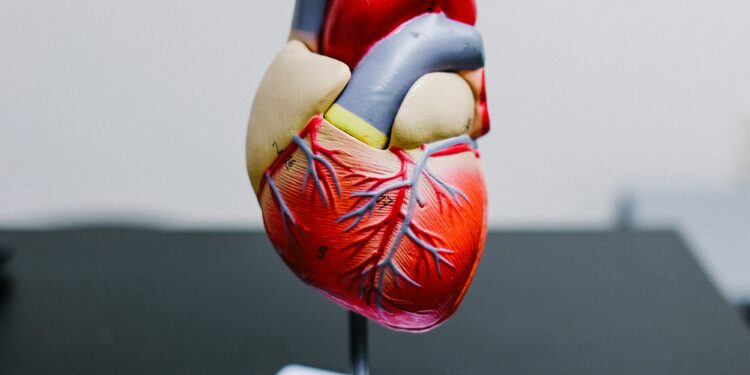Many a time, we celebrate the remarkable stories of survival and revival that organ transplants bring to life. Yet, the intricate mechanisms and the dedicated entities working tirelessly behind each story often remain in the backdrop. One such unsung hero in the organ transplantation saga is the Organ Procurement Organization (OPO). As someone intimately familiar with the transplant process, I believe it’s essential to shine a light on OPOs and the work that I do as a part-time associate medical director for an OPO in California.
Organ Procurement Organizations (OPOs): A Deep Dive
OPOs, in many ways, are the lifeblood of the organ transplantation ecosystem. These non-profit organizations shoulder the heavy responsibility of ensuring that donated organs, given as a profound gift of life, find their rightful place with those in dire need.
The Multifaceted Role of OPOs:
-
Identification and Evaluation of Donors: Collaborating closely with hospitals, OPOs identify potential organ donors and meticulously evaluate the viability of organs for transplantation.
-
Family Liaison and Counseling: A delicate and profound responsibility, OPOs support and guide families during their moments of grief, helping them understand the significance and logistics of organ donation.
-
Procurement and Preservation: The OPOs manage the intricate process of organ procurement, ensuring that each organ is preserved under optimal conditions till transplantation.
-
Allocation and Distribution: In partnership with national organ allocation systems, OPOs ensure that each organ is matched based on stringent medical criteria, guaranteeing the best possible outcomes for recipients.
The OPO’s Doctor: The Medical Director
The Medical Director’s role in an OPO helps ensure that the entire process of organ donation is steered with expertise, ethics, and empathy.
Key Responsibilities of a Medical Director:
-
Medical Supervision: The Medical Director ensures that donor management adheres to the highest medical standards, safeguarding both the donor’s dignity and the organ’s viability.
-
Guiding Policy and Protocol: With an ever-evolving medical landscape, they play an instrumental role in framing and updating OPO policies, guaranteeing alignment with best practices.
-
Staff Education: Through rigorous training sessions, workshops, and seminars, they ensure that the OPO staff is abreast of the latest advancements in organ donor management and organ procurement.
-
Community Collaboration: They often collaborate with other health institutions and community leaders, aiming for systemic improvements and fostering a culture of organ donation.
The Undeniable Impact of a Medical Director:
The role is not just a title. It’s a commitment—a promise to thousands waiting for a second shot at life. By upholding medical integrity, ensuring ethical practices, and leading with compassion, physicians who work at OPOs help ensure that the OPO itself operates as a beacon of hope for countless individuals.
The tapestry of organ transplantation is woven with the dedication, expertise, and compassion of countless individuals and entities. As we celebrate and cherish the gift of life and second chances, it’s equally vital to recognize and appreciate the tireless efforts of these behind-the-scenes heroes.
May we continue to expand our horizons, understand deeper, and appreciate more. Because every organ donated and transplanted is a testament to humanity’s collective spirit of giving, healing, and thriving.
With profound respect and hope for a brighter, more compassionate world,
Alin.
















